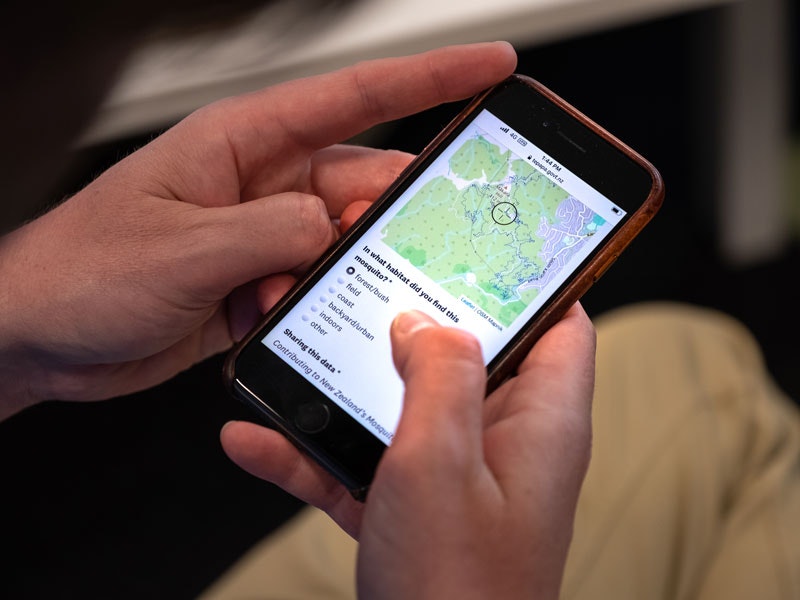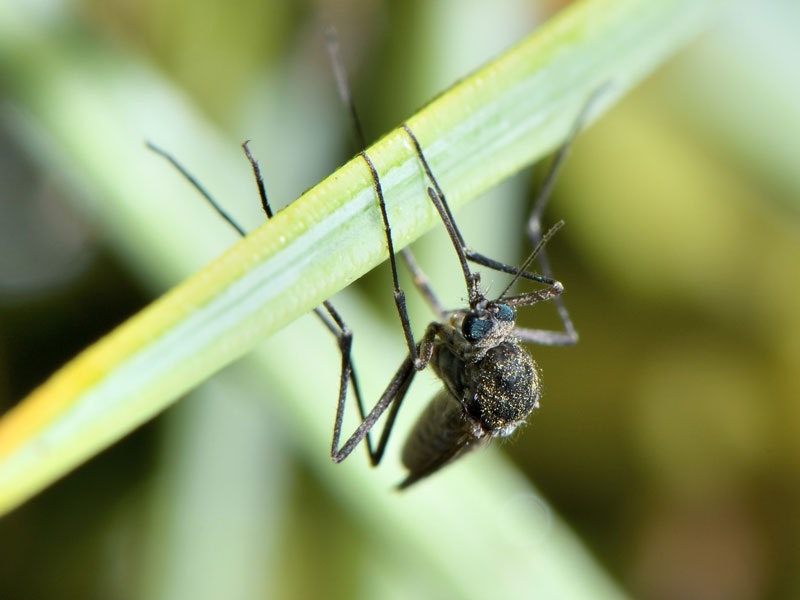
Mosquito Census submission form
We need you to fill in this form before sending your mosquito specimen.
Free museum entry for New Zealanders and people living in New Zealand
Open every day 10am-6pm
(except Christmas Day)
Free museum entry for New Zealanders and people living in New Zealand
New Zealand has 13 native, and three known introduced, species of mosquito. Mosquitoes are incredibly important to the health of New Zealand’s ecosystem, so by helping to map the country’s mosquito species, you can play an important role in protecting our whenua and public health.
You might hate them, but mosquitoes are incredibly important to keep New Zealand’s ecosystem healthy. Not only are they part of the food chain but male mosquitoes are important pollinators.
We have 13 native mosquitoes in New Zealand – most of which mainly bite manu.
All 13 have very specific habitats and living conditions which means they are quite vulnerable to environmental changes compared to adaptable introduced species.
We know of three introduced mosquito species which have made their home in Aotearoa. Unfortunately, these three introduced species are the main nuisance human biters in New Zealand and have spread and established themselves – whereas native species are possibly in decline.
We currently don’t have enough data to be conclusive about our native species’ decline.
The limited data we have comes from our international air and sea ports. Mosquitoes are closely monitored at these ports so exotic mosquitoes can be detected quickly and eradicated before they can establish themselves.
But we have barely any data from the rest of New Zealand.
This is where you come in. We’re asking Kiwis to help fill in the gaps to create a clearer picture of how our native mosquito species are doing, and where the introduced ones have spread.
We need the help of citizen scientists throughout the country to send us mosquito specimens so scientists can identify them.
Read more about how to take part
We hope this new data, provided by New Zealanders, will make it conclusive whether our native species are in decline.
We’ll also have more data showing how widely spread the three introduced mosquitoes have become, and which pathways they took.
This new information will help us form a clearer picture of the impact of factors such as changes in land use and climate change.
With your help, there’s a chance we might even discover a new exotic species that have slipped into New Zealand undetected.

We need you to fill in this form before sending your mosquito specimen.

Mosquitoes have both positive and negative impacts on the ecosystem. Learn why they can’t ‘just be eradicated’.